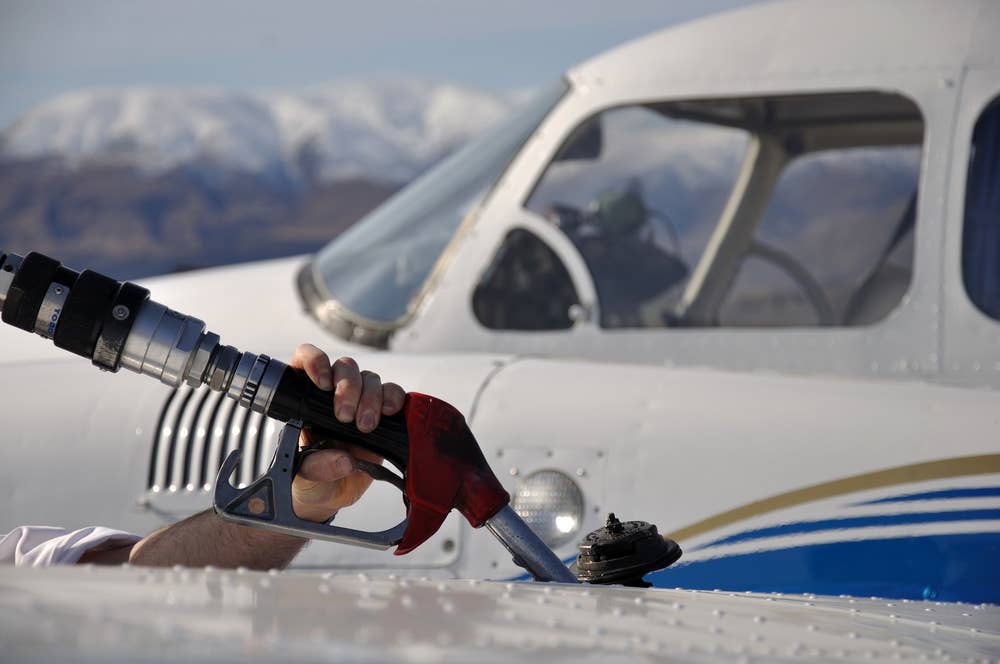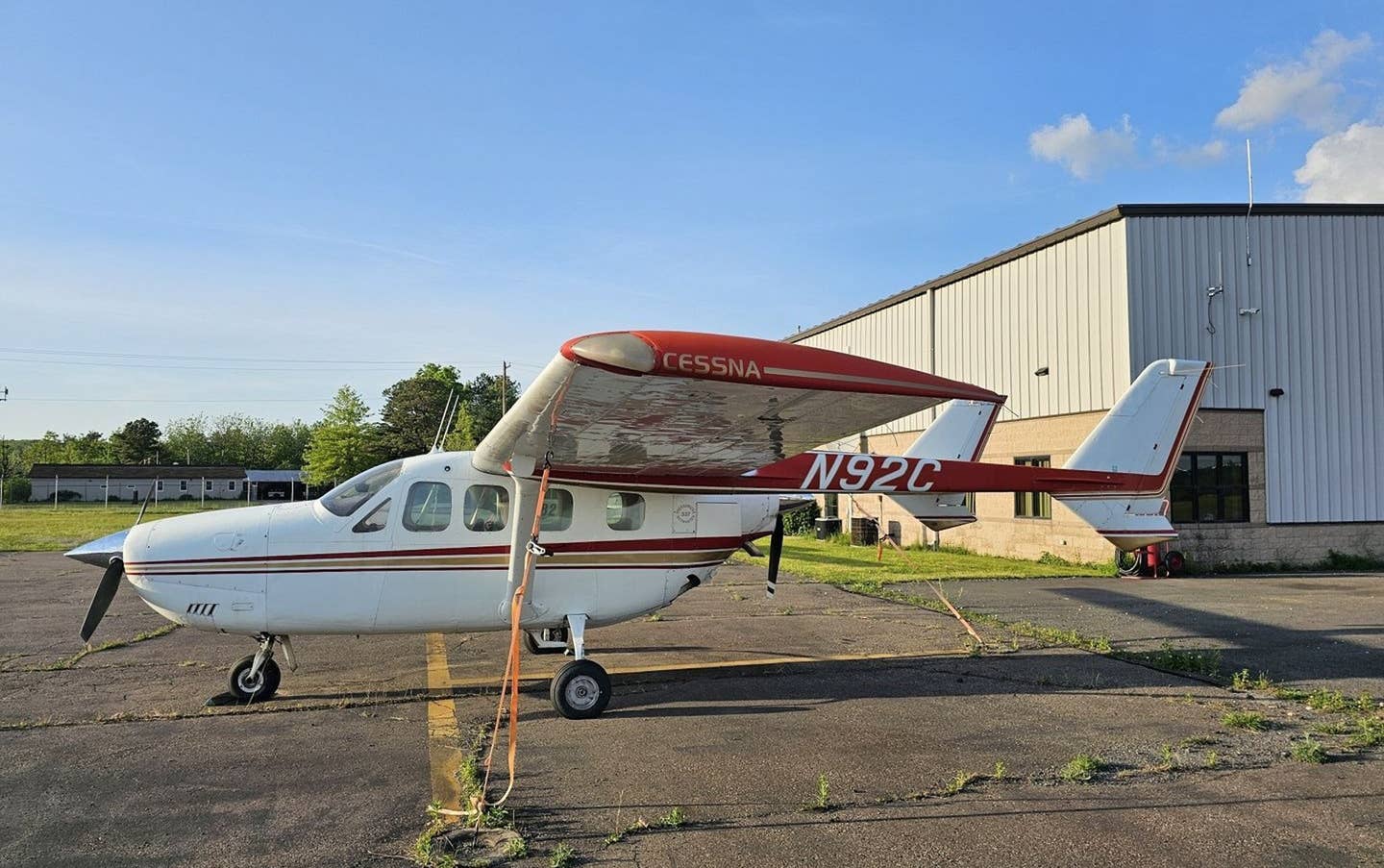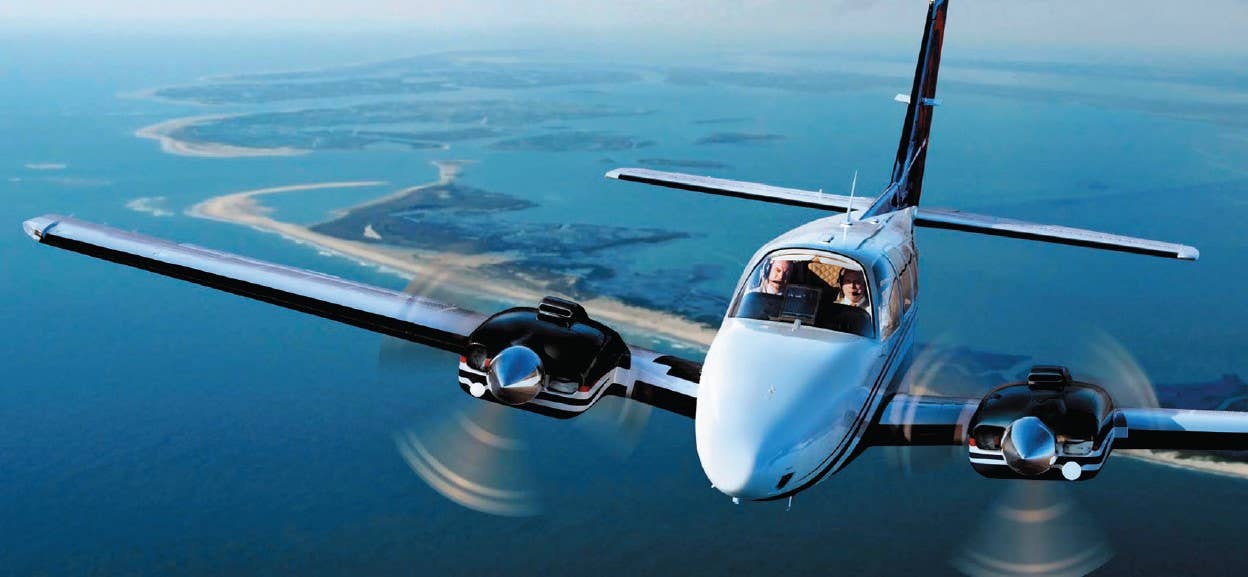UND Aerospace Transitions Full Fleet to Unleaded Avgas
The University of North Dakota program expects the switch to UL94 will improve maintenance costs for its aircraft and lead to more productivity for student pilots and flight instructors.

UND expects the switch to UL94 will improve maintenance costs for its aircraft. [Credit: Shutterstock]
University of North Dakota (UND) Aerospace has become the largest collegiate aviation institution to transition its aircraft fleet to unleaded avgas, according to the program.
Since June 22, the school’s fleet of 100 aircraft have been running on UL94—a cleaner unleaded fuel alternative developed by Indiana research and design firm—and FLYING Innovation Award winner—Swift Fuels. While other collegiate flight academies, such as Utah Valley University and California Aeronautical University, have also made the switch to unleaded fuel, none have done so to the scale of UND.
“Transitioning our fleet to UL94 continues the long history of UND Aerospace leading the way,” said Robert Kraus, dean of UND’s John D. Odegard School of Aerospace Sciences. “With our ability to collect and analyze data, both on and off our airplanes and helicopters, we will help the [FAA] with policy development and other collegiate aviation programs and flight training schools who are considering the switch.”
According to Kraus, UND and Swift signed the deal last year but delayed implementation until this year due to the high cost for unleaded fuel.
"Previously, the price of unleaded 94 was higher than the leaded gas we were using," Kraus said. "It didn't make sense to make the switch when the price differential was that big. As times have changed over the past year, those prices have come together a little more. The unleaded fuel has come down some, and the older, leaded fuel [price] went up."
Kraus said the university has gone through all the necessary evaluations and authorizations to operate using the newly introduced fuel.
“We have worked with our aircraft manufacturers but also, more importantly, with the engine manufacturer, and they certified that our aircraft are ok to operate on unleaded fuel,” he said.
Aside from the environmental impacts, UND expects the switch to UL94 will improve maintenance costs for its aircraft and lead to more productivity for student pilots and flight instructors. Adoption of unleaded avgas will increase the span between oil changes and reduce the frequency for replacing spark plugs.
According to Daniel Kasowski, manager of flight support services, the switch to UL94 “will allow UND to increase the required maintenance inspection interval for its aircraft by 25 percent.” Kasowski also noted the school’s aircraft technicians performed 1,432 mandated aircraft inspections in 2022, and the new fuel could reduce that total by roughly 270 per year.
Although UND is one of the schools leading the way for an unleaded future, Kraus said the lack of mass refining is a major obstacle to the widespread adoption of a lead-free aviation fuel.
“When you look at the amount of aviation fuel produced by refineries, it’s a small blip in how much they make,” he said. “Refineries just don’t see that market as being worth making the switch. The hope is that more airports and flight schools make the switch, and a refinery will pick it up.”

Subscribe to Our Newsletter
Get the latest FLYING stories delivered directly to your inbox






